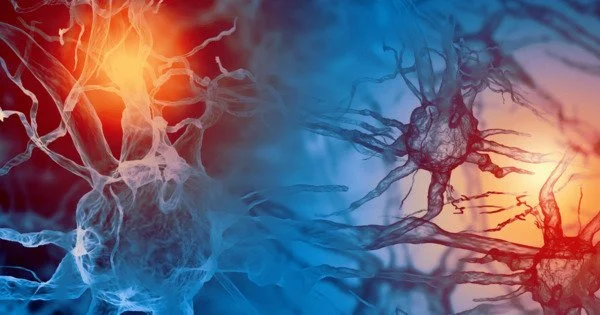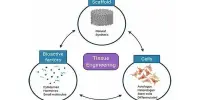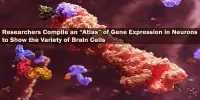Hormonal sentience, first stated by Robert A. Freitas Jr., characterizes the information processing rate in plants, which are primarily reliant on hormones rather than neurons, as in all other animals (excluding sponges). Plants can communicate to some extent with one another, and there have even been reports of one-way communication with animals.
Hormones are chemical messengers in the body that control a variety of physiological functions, including growth, metabolism, mood, and reproduction. Sentience, on the other hand, refers to one’s ability to be cognizant or aware.
Hormones regulate a wide range of physiological processes in living organisms, including humans. They affect growth, development, metabolism, temperament, and a variety of other processes. Sentience, as widely defined, includes subjective experiences, self-awareness, and consciousness.
Acacia trees produce tannin to protect themselves when nibbled by animals. Other acacia trees detect the tannin’s airborne aroma and begin to generate tannin as a form of defense against neighboring animals. When bitten by caterpillars, some plants can emit chemical signals that attract parasite wasps, who attack the caterpillars.
If “hormonal sentience” refers to the idea that hormonal variations might influence emotions, mood, or consciousness, this is a well-known concept. Hormones including serotonin, dopamine, and cortisol, for example, are known to influence mood and emotion. Hormonal fluctuations, such as those seen during puberty, pregnancy, or menopause, can have a significant impact on mental and emotional states.
A similar interaction occurs not only between plants and animals, but also between fungus and animals. A fungus garden communicates with leaf-cutting ant workers (Atta sexdens rubropilosa). If the garden is fed with plants that are poisonous for the fungus, it signals this to the ants, which then will avoid fertilizing the fungus garden with any more of the poisonous plant.
However, attributing sentience to hormones is a more difficult and speculative concept. Sentience is frequently linked to the brain and neurological system, and while hormones can alter neural activity, the relationship is not one of direct causality.
















